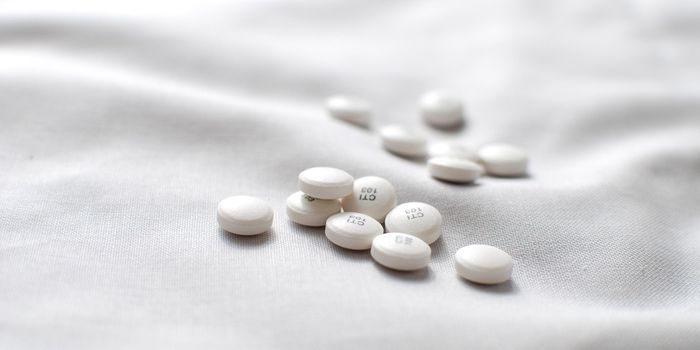9/11 Survivors and Responders Face Elevated Cancer Risk
Today marks twenty-two years since the unprecedented September 11th terrorist attacks on the United States. The immediate result included the destruction of two towers of the World Trade Center in New York City and the southwest corner of the Pentagon, located across the Potomac River from Washington DC. Three commercial planes crashed into these buildings, leading to the death of passengers and crew and countless others working in these buildings. The passengers and crew on a fourth hijacked aircraft fought back against the terrorists, leading to a crash in a Western Pennsylvania field. While all on board lost their lives, these heroic actions likely saved countless others in the terrorists’ intended target in the United States Capital region.
In the aftermath of 9/11, police officers, firefighters, paramedics, military service members, first responders, and other volunteers heroically came to these areas to search for survivors and, eventually, clean up. The remains of the World Trade Center, referred to as "Ground Zero," took months to contain, and the City of New York estimates over 90,000 workers contributed to the cleanup along with more than 400,000 volunteers who did not work for the city. These men and women encountered toxic dust, smoke, fumes, and chemicals in the wreckage of the buildings. We now know that the toxic exposures faced in the aftermath of the 9/11 attacks will continue to negatively impact the long-term health of those involved.
Research demonstrates the elevated risk of developing several types of cancer. A 2021 study, including almost 60,000 rescue and recovery workers who responded to the September 11th attacks in New York City, showed a substantial increase in the risk of skin, prostate, thyroid, and tonsil cancers compared to the general population. Notably, responders arriving on site on September 11 exhibited a significantly higher risk of prostate and thyroid cancers than those arriving after September 17. This could indicate that the toxic exposures dissipated over time. In addition to prostate and thyroid cancers, a study published in 2020, including nearly 30,000 responders, first identified an elevated incidence of leukemia in 9/11 responders.
The 9.11 World Trade Center Health Program provides medical monitoring and treatment for conditions related to exposures encountered at the World Trade Center, Pentagon, or Pennsylvania sites. World Trade Center survivors, including anyone who lived, worked, or attended school in the area, and responders who aided in the recovery and cleanup efforts at any of the 9/11 impacted areas.
Excluding the hijackers, 2,977 individuals (including 2,753 in New York, 184 at the Pentagon, and 40 in Pennsylvania) died in the 9/11 attacks. On the twentieth anniversary of September 11 (2021), 4,627 responders had died of cancer, surpassing the number of individuals who lost their lives on 9/11. As of June 30, 2023, at least 32,797 cancer diagnoses in responders enrolled in the 9.11 World Trade Center Health Program had occurred. The cancer-causing chemicals exposed on September 11 have left a lasting impact on the brave men and women who survived the 9/11 attacks, as well as those who stepped up when called upon.
It remains important to remember September 11 and all those who lost their lives on this fateful day in the Fall of 2001. We must continue to recognize and show gratitude to those who risked their lives in the months following 9/11, as they may continue to experience health issues over time. The increased cancer risk in those exposed to the toxic chemicals on or after September 11 promotes the urgent need for programs to provide financial and medical support and ensure access to top-notch cancer screening and healthcare to 9/11 survivors and responders.
Sources: J Natl Cancer Inst, JNCI Cancer Spectrum









